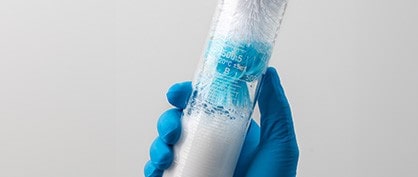
On the Shelf
Solutions for Every Space in Your Lab
Stock your lab with a comprehensive selection of essentials and equipment to meet all your laboratory needs.
Discover the Products
On the Shelf
Solutions for Every Space in Your Lab
Stock your lab with a comprehensive selection of essentials and equipment to meet all your laboratory needs.
Discover the ProductsStockroom Staples: Must Have Products to Keep Your Shelves Fully Stocked
From maintaining a well-stocked stockroom to organizing your shelves and cabinets, our range of products ensures that you are fully equipped for any project that comes your way.
Featured Brands
Frequently
Asked Questions
What are universal pipette tips, and how do they differ from regular pipette tips?
Universal pipette tips are designed to fit a wide range of pipettes from various manufacturers, offering compatibility with different pipette models and brands. Unlike regular pipette tips, which may be specific to certain pipette brands or models, universal tips provide versatility and convenience for laboratories with multiple types of pipettes.
How do I properly use and handle Petri dishes to prevent contamination?
Proper usage of Petri dishes involves sterilizing them before use, pouring agar medium into the dishes under aseptic conditions, and sealing them with lids to prevent contamination. Handle Petri dishes with clean hands or sterile gloves, avoid touching the agar surface, and incubate them in a suitable environment to promote microbial growth.
What are pH paper and other test strips, and how are they used for measuring pH levels?
pH paper and test strips are simple, paper-based strips impregnated with pH-sensitive chemicals that change color in response to the acidity or alkalinity of a solution. They provide a quick and convenient method for measuring pH levels in various liquids, including water, urine, and saliva, by comparing the color change to a color chart.
How do I choose the right centrifuge tubes for my laboratory experiments?
When selecting centrifuge tubes, consider factors such as tube material, volume capacity, compatibility with centrifuge rotor types (e.g., fixed-angle or swinging bucket), and sealing properties (e.g., screw-cap or snap-cap). Choose tubes that are chemically resistant, autoclavable, and suitable for the specific centrifugation speeds and sample types required for your experiments.
Science News
Lab Reporter
Available Now











































